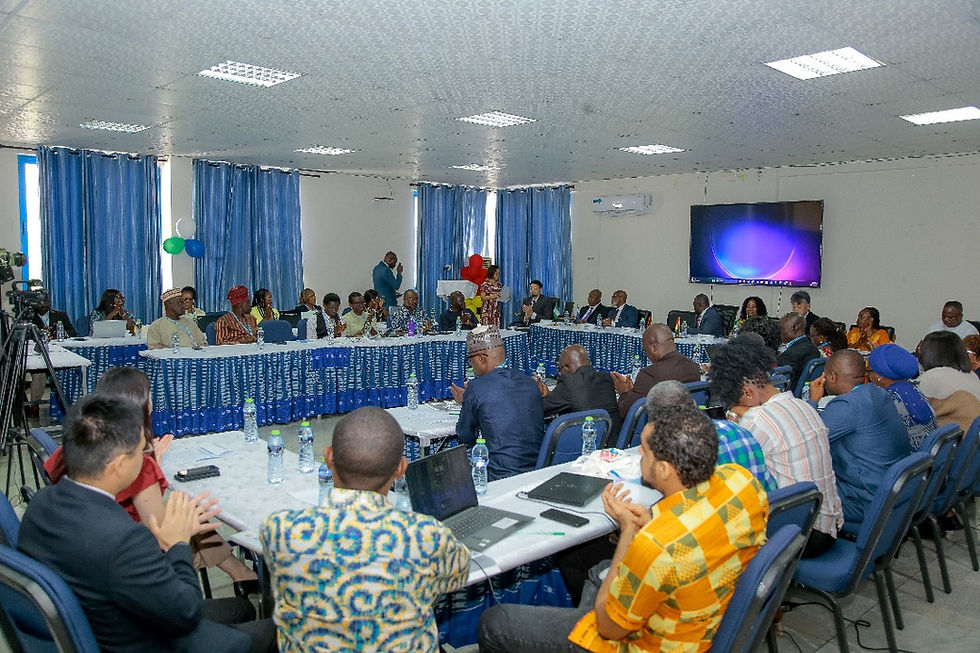Former Director-General of Botswana's DCEC shares insights on corruption challenges and recommendations
- Think News Online
- May 7, 2024
- 2 min read

Former Director-General of Botswana's Directorate on Corruption and Economic Crime (DCEC), Rose Nunu Seretse has shared some insights into the challenges and recommendations in the fight against corruption.
Drawing from her extensive experience, Seretse highlighted various obstacles faced by anti-corruption authorities and proposed actionable recommendations to strengthen the fight against corruption.
One of the primary challenges Madam Seretse addressed was the lack of administrative independence within anti-corruption agencies.
She described instances where appointments and transfers of officers, particularly at senior levels, were influenced by external authorities, compromising the agency's autonomy.
Madam Ruth Seretse emphasized the importance of shielding anti-corruption agencies from undue political interference to ensure effective operations.
Additionally, Madam Seretse shed light on the complexities surrounding the appointment of the head of anti-corruption agencies.
She raised pertinent questions regarding the selection process, advocating for a model that involves multiple stakeholders to mitigate the risk of undue influence from any single entity.
Moreover, Seretse highlighted the sensitive nature of investigations involving the immediate family members of agency heads.
She recounted personal experiences where familial connections intersected with corruption investigations, underscoring the need for clear protocols and ethical considerations in such scenarios.
Another significant challenge discussed by Madam Seretse was the lack of political will to combat corruption effectively.
She stressed the importance of translating political rhetoric into tangible support, including adequate resources and protection for anti-corruption agents, to demonstrate a genuine commitment to the cause.
Furthermore, Madam Nunu Seretse touched upon the issue of public confidence in anti-corruption agencies. She emphasized the need for constant engagement with the public to maintain trust and transparency, particularly in handling whistleblowers and managing public expectations.
On the topic of receiving gifts, Madam Seretse cautioned against potential ethical dilemmas and emphasized the importance of assessing the motives behind corporate gestures to avoid compromising integrity.
In conclusion, Madam Seretse offered a comprehensive set of recommendations to address these challenges and strengthen anti-corruption efforts.
"These included advocating for parliamentary involvement in appointing agency heads, ensuring legal protections for tenure, enhancing investigative powers, fostering strong leadership with integrity, and building enduring institutions capable of withstanding external pressures"
Madam Nunu Seretse's insights underscored the multifaceted nature of corruption challenges and the necessity for proactive measures to combat this pervasive issue.
As Botswana continues its commitment to anti-corruption efforts, Lady Seretse's recommendations provide valuable guidance for policymakers, stakeholders, and citizens alike in the ongoing fight against corruption.
Story by: Joshua Kwabena Smith








Comments